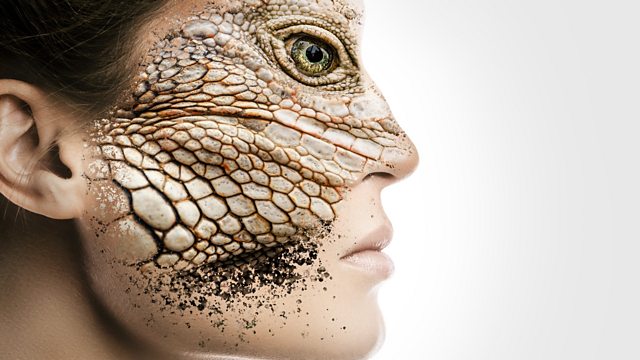How far could gene editing go?
Would you change your genetic make-up if you could? Gene editing has huge medical potential but some worry it will be used for enhancements, exacerbating social inequality.
Humans now have the ability to directly change their DNA, and gene-editing tool CRISPR has led to a new era in gene-editing. CrowdScience listener βBonesβ wants to know how gene-editing is currently being used and what might be possible in the future.
Gene-editing offers huge opportunities for the prevention and treatment of human diseases, and trials are currently underway in a wide range of diseases like sickle cell anaemia. CrowdScience presenter Caroline Steel finds out about some of the most promising work tackling disease before turning to consider the possibilities of using gene editing to enhance ourselves.
Will we be able to extend human longevity, swap our eye colour or improve athletic performance? And even if we can do all these things, should we?
As scientists push the boundaries of gene-editing and some people are DIY experimenting on themselves with CRISPR, we discuss the practical and ethical challenges facing this promising but potentially perilous area of science.
Produced by Melanie Brown and presented by Caroline Steel for the ΒιΆΉΤΌΕΔ World Service
Contributors:
Prof George Church
Prof Waseem Qasim
Jimi Olaghere
Josiah Zayner
Prof Joyce harper
Prof Julian Suvalescu
Last on
More episodes
Clip
-
![]()
How does it feel to have your genes edited?
Duration: 01:13
Broadcasts
- Fri 6 May 2022 19:32GMTΒιΆΉΤΌΕΔ World Service except East and Southern Africa & West and Central Africa
- Sat 7 May 2022 01:32GMTΒιΆΉΤΌΕΔ World Service Europe and the Middle East
- Sun 8 May 2022 01:32GMTΒιΆΉΤΌΕΔ World Service East and Southern Africa & West and Central Africa only
- Mon 9 May 2022 03:32GMTΒιΆΉΤΌΕΔ World Service Australasia, South Asia & East Asia only
- Mon 9 May 2022 04:32GMTΒιΆΉΤΌΕΔ World Service Americas and the Caribbean
- Mon 9 May 2022 08:32GMTΒιΆΉΤΌΕΔ World Service
- Mon 9 May 2022 12:32GMTΒιΆΉΤΌΕΔ World Service except East and Southern Africa, East Asia, South Asia & West and Central Africa
- Mon 9 May 2022 19:32GMTΒιΆΉΤΌΕΔ World Service East and Southern Africa & West and Central Africa only
Podcast
-
![]()
CrowdScience
Answering your questions about life, Earth and the universe



